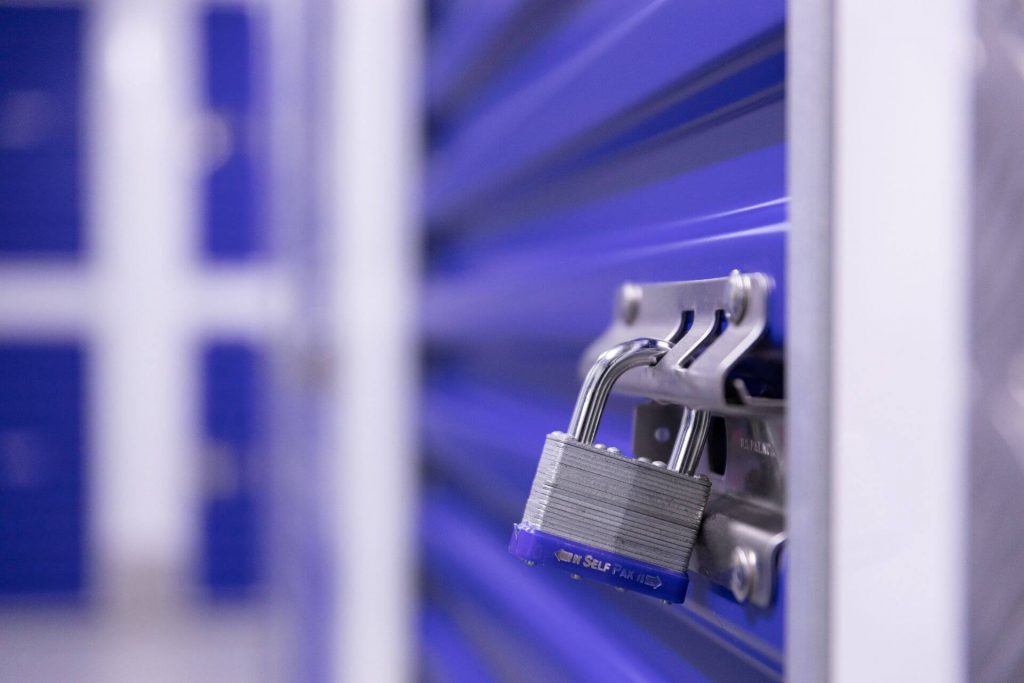Physical papers often hold important information about our lives, work, and finances. Knowing how long to keep these documents can be confusing. Having a good system for document storage in Dubai helps keep papers safe and easy to find when needed.
At the same time, it’s important not to hold onto everything forever, especially when papers contain personal or sensitive information.
What Types of Documents Should You Keep?
Some documents are important to keep longer than others. Papers like tax returns, legal contracts, and property records often need to be kept for several years. These documents might be useful for future reference or proof in case questions arise. On the other hand, things like receipts or utility bills may only need to be kept for a short time, especially if they are not needed for tax or warranty purposes.
Common Timeframes for Keeping Documents
Many people follow general timeframes for holding onto physical papers. For example, tax documents are often kept for about seven years. This is because tax authorities may review past returns during that period. Other documents, like bank statements or bills, might be kept for a year or two, just long enough to check for errors or disputes.
When Is It Time to Shred?
Once documents have passed the time when they might be needed, it’s usually safe to get rid of them. Shredding papers helps protect your personal information and prevents identity theft. Papers with details like social security numbers, account information, or signatures should be shredded rather than simply thrown away.
Organizing Documents Before Shredding
Before you shred, it’s helpful to go through your stored papers and double-check what can be tossed and what should stay. Sometimes, papers might seem old but still hold some value. Sorting helps keep your storage space less cluttered and makes it easier to find important documents when you need them.
Creating a Regular Routine
One way to manage papers is to set aside time every few months or once a year to review and shred documents. This habit prevents piles from building up and keeps your space tidy. It also reduces stress when it comes time to find specific papers.
With clear timeframes in mind and a good document storage system, you can keep what’s needed and safely get rid of what isn’t. This balance keeps your important papers ready when you need them and protects your personal information from falling into the wrong hands.





